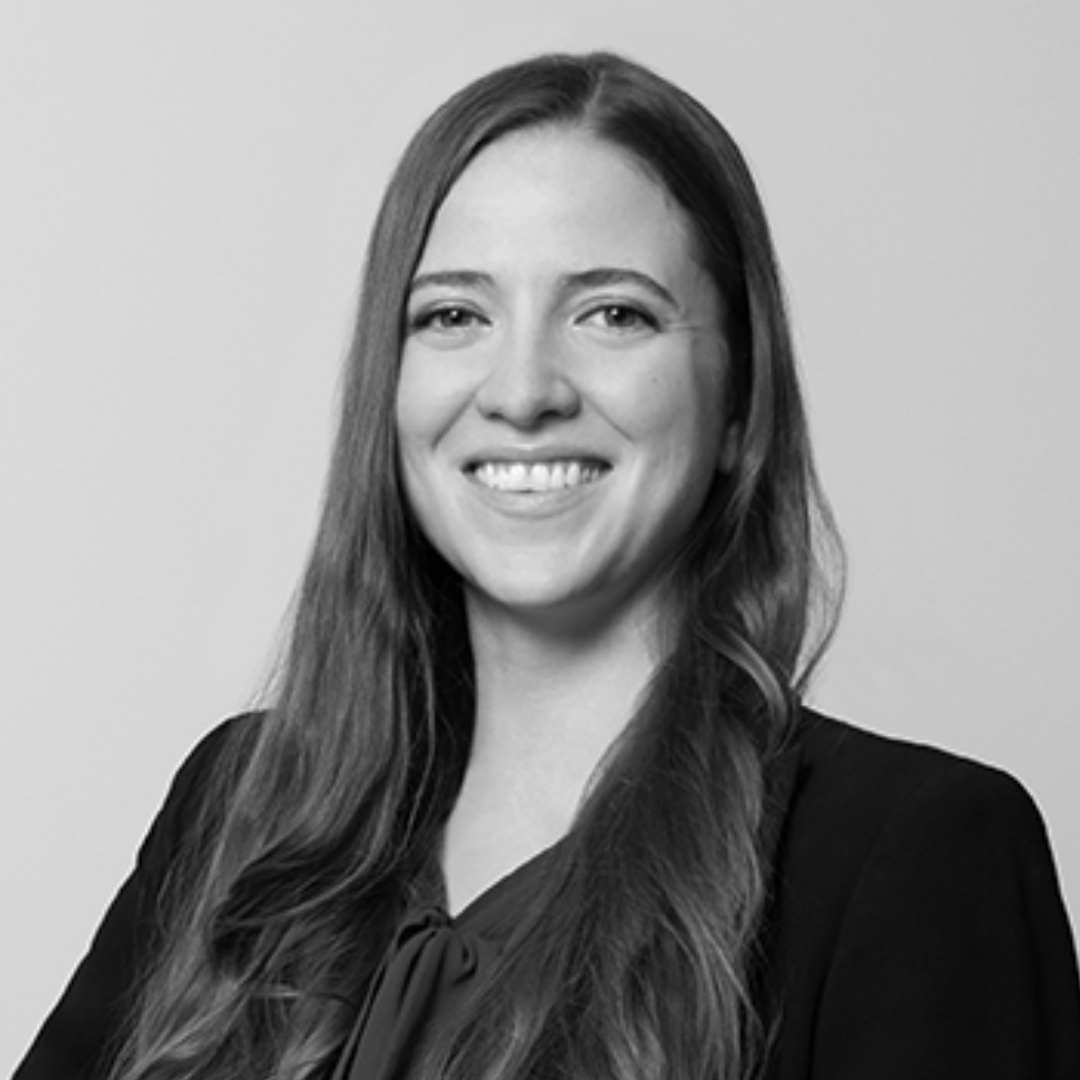Y-ADR Spotlight Series - Interview Questions with Sara Little

Sara Little
Associate Partner, Orrick
1. What has been a beneficial aspect of engaging with the CPR Institute for you personally or professionally?
Two of the most valuable aspects for me have been:
(i) The people I’ve met through the Y-ADR Steering Committee. We work in a demanding field, so it’s valuable to connect with others who understand and share an interest in the work. Collaborating with fellow committee members has led to strong professional relationships that have been both professionally valuable and personally grounding.
(ii) The exposure to senior in-house counsel and third-party neutrals – professionals I wouldn’t typically be in the same room with until much later in my career. Being present as the EAB discusses real-world challenges and collaboratively explores solutions has been an invaluable learning experience.
2. What inspired you to steer your career toward ADR, and what steps did you take to make it to where you are today?
For me, my area of ADR is the ideal intersection of problem-solving and international law. I’ve always known I wanted to work in a space where international law and geopolitics played a central role. When I discovered international investment law, it felt like a natural fit, and I set out to join an international arbitration team. It’s really exciting to be part of a field that actively contributes to the evolution of international law through dispute resolution.
3. What is an issue that you see within the field of ADR and how can that issue be combated?
I wouldn’t frame it as an issue so much as an opportunity. There’s real potential for ADR to play a larger role across a broader range of commercial sectors. Many arbitral institutions are developing procedures that mirror the tools judges typically have – things like early dismissal mechanisms or summary procedures – which are often why parties default to litigation. By bridging that procedural gap, ADR becomes a more attractive option for industries that have traditionally favored court proceedings.
4. Is there a moment in your career that you are most proud of?
Absolutely. I've had a long journey with imposter syndrome. I worked incredibly hard to build a career that’s taken me from Paris to London, but for a long time, I struggled to truly believe I belonged in this space.
About a month ago, I competed in the finals of an oral advocacy competition – and won. It was a deeply meaningful moment, not just because of the result, but because I knew how much effort my co-counsel and I had put in, all while managing demanding roles as associates at major law firms. That experience marked a turning point for me: for the first time, I genuinely allowed myself to believe I deserve to be here.
If there’s one thing I’ve learned, it’s this – believe in yourself. And if you already do, you’re further along than many of us.
5. How can people with an interest in ADR get hands-on experience to further their career?
Start by joining young practitioner groups like CPR’s Y-ADR, Young ICCA, or Young ITA. These are incredibly supportive communities that host events, workshops, and mentorship programs – great ways to connect with peers and experienced professionals.
Get involved in moot competitions! Whether it’s CPR’s International Mediation Competition, the Jessup for public international law, or the Vis Moot for commercial arbitration, these experiences give you valuable exposure to ADR procedures. Many law firms sponsor teams, which also creates organic networking opportunities.
If you’re already at a law firm, don’t be afraid to raise your hand. Volunteer for matters involving arbitration or mediation – many of my colleagues got their start by simply speaking up. Attend hearings when possible, go to conferences and share takeaways with your team, and seek out pro bono opportunities with an ADR angle. Every bit of experience counts.
6. What is your favorite ADR process to practice?
As an international arbitration associate, I genuinely love arbitration – it’s the core of my practice. That said, I occasionally have the opportunity to participate in mediations, and I find them incredibly engaging. Mediation offers a window into the commercial considerations that sit alongside the legal ones. It gives you a clearer understanding of what drives decision-making for companies and their in-house counsel.
7. (Fun one!) Describe your perfect Friday night in 5 words or less.
Sometimes pizza, always house music.
